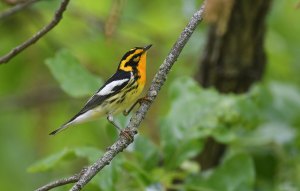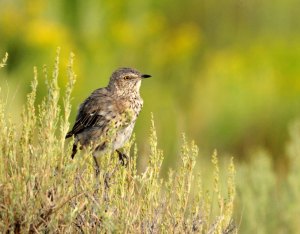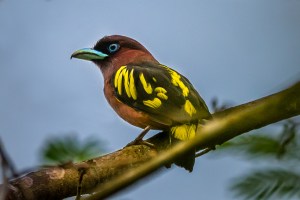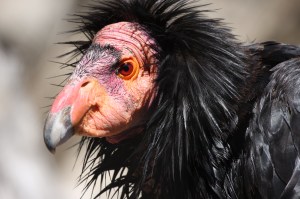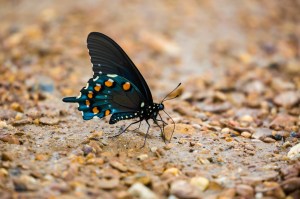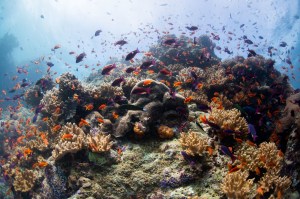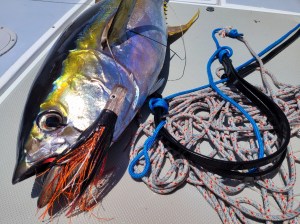Discover stories in Environments
BirdCast: It’s Like a Weather Forecast, But for Birds
BirdCast provides real-time predictions of bird migrations: when birds are migrating, where they’re going, and how far they’re flying.
Cool and Overlooked Critters of the Sagebrush Sea
Move over sage grouse: here are 9 other cool critters of the sagebrush-steppe.
The Logging Industry Can Help Protect Tropical Birds
Well-managed logging concessions can play a critical role in species conservation. A new study quantifies the conservation responsibility of the […]
Condor Spotting: Wildlife Watching and Optimism
Searching for California condors is a lesson in hope.
A Beginner’s Guide to Butterfly Watching
Want to get started in butterfly watching? Here are some to see in your backyard.
Where Did Pigeons Come From?
The story behind our most ubiquitous urban birds.
New Policy Tool Could Represent Sea Change for Coral Reef Conservation
A new policy tool can help ensure coral reef conservation better meets local people’s needs and preferences.
Where to See a Moose
A moose spotter’s guide to the best parks and preserves.
Resilience and Stability on Palmyra’s Coral Reefs
In hopeful news, coral reefs at Palmyra Atoll show long-term stability, recovery and resilience, despite two bleaching events within the last decade.
How to Remove Skunk Scent (And No, It’s Not Tomato Juice)
Did your pet have a run-in with a skunk? Here’s a three-ingredient recipe that actually works to remove the stench. No tomato juice required.
How Scientists Fish: The Hand Line
On Palmyra Atoll, getting big fish on board quickly relies on an old fishing tool: the hand line.
A New Database to Drive Seabird Conservation
A new database will help protect the world's most imperiled group of birds.
